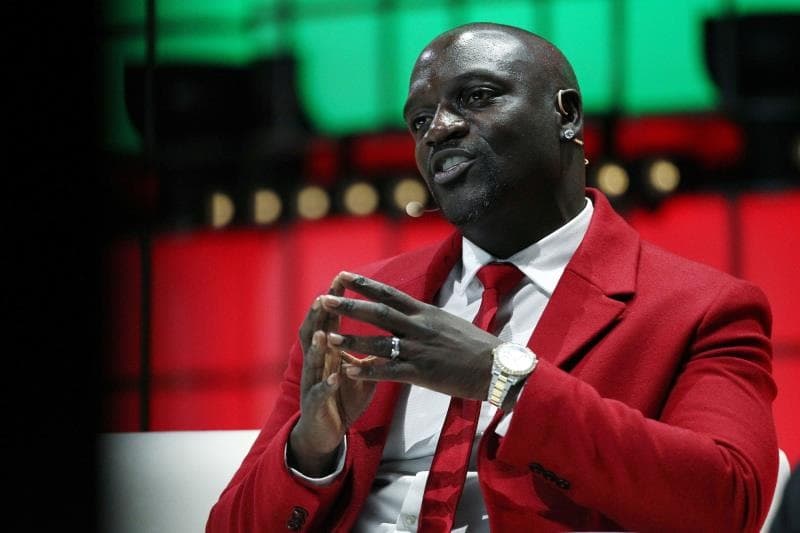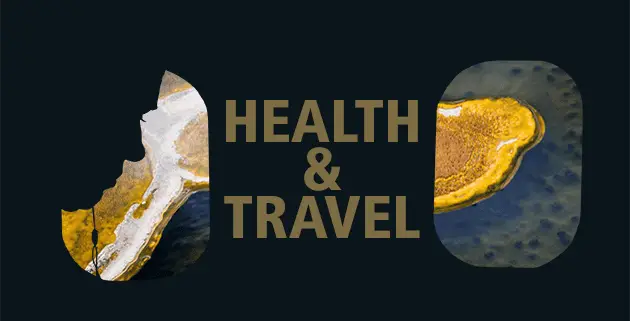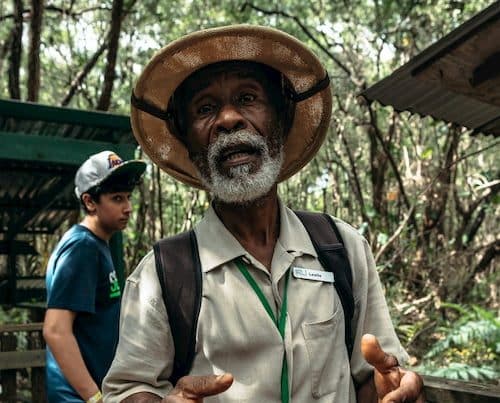Riders for Health (Riders) is an international non-governmental organization (NGO) working to ensure access to safe transportation for all health workers in Africa so that they can meet the most isolated communities with daily and safe healthcare.
By offering transport services, including vehicle management, training and support services, to national governments and health care delivery organizations in Africa, Riders for Health (Riders) enhances access to health care for rural communities. Through managing and maintaining a transport network of motorcycles and vehicles that connects the various elements of the health care system together, riders allow the current healthcare system to be more effective.
To offer courses at all levels of expertise, qualified instructors combine theoretical and practical training, specializing in training health workers who use vehicles to reach populations, particularly on rough roads and challenging terrain. Staff are not only qualified to ride, but also to carry out their own maintenance and simple repairs and comply with strict safety requirements.
Health workers can expand coverage and boost health care access to their respective communities by equipping these riders with a motorcycle and providing adequate training and maintenance. Additional support services are offered by Passengers, including the delivery of the supply chain, analytical sample transport and medical emergency transportation.
Riders help a range of stakeholders (including ministries of health and local and international NGOs) to deliver their services predictably and cost-effectively by controlling and maintaining the vehicles used in the delivery of healthcare and other critical services to rural communities in Africa. Furthermore, Riders teaches public health staff on how to safely drive or drive equipment and conduct simple inspections and maintenance.
Actually, 30,000 children under the age of five die every day in the developing world from preventable or treatable diseases like measles, diarrhoea and malaria. Every year, immunization campaigns still do not hit 22 million children. Injuries linked to birth lead to about one-third of all deaths in newborns. Access to qualified caregivers might minimize these casualties, but more than half of women in sub-Saharan Africa give birth alone or with untrained support.

Until they reach their destination, the production of new vaccines, the donation of mosquito nets, the distribution of contraceptives or the provision of food supplies, as well as the billions of dollars spent on their delivery, would have little impact. Owing to distance, geography, insecurity and lack of transport, millions of people across Africa remain poor and disconnected from healthcare services. Up to 20,000 individuals spread through miles of treacherous terrain may be held accountable by one African health worker. Little if no public transit is accessible and even the best roads are no better than dirt tracks. It is stressful and almost impossible to deliver healthcare on foot or by bicycle. Even when vehicles are available, if there is no experience or money to maintain them, they quickly break down. Nevertheless, none of the Millennium Development Goals applies to transportation, but it can be argued that their effectiveness depends on effective connectivity to rural communities.
The costs of operating vehicles in an infrastructure-poor world are often entirely overlooked when development organizations plan programmes in Africa. Without a management system, cars fail long before their expected technological lifetime, and it is unlikely that resources will be sufficient to repair damaged parts without proper budgeting. This means that, within a matter of months, vehicles will be inaccessible to health staff, threatening the delivery of the healthcare program and leaving those targeted isolated.
Since Riders launched its first national programme in Lesotho in 1991, its work in Zimbabwe, Gambia, Nigeria, Kenya, Tanzania and Zambia has been successfully repeated. Riders employed 275 people in Africa in 2010, maintained over 1,400 vehicles and allowed 10.8 million people to be reached by health workers. Riders have helped increase the percentage of fully immunized infants from 62 per cent to 73 per cent in the Gambia. There has been a 21% decrease in malaria in Zimbabwe in the district of Binga. All health workers are now mobile, compared to a 44% rise in the neighbouring community.
Motorcycle enthusiasts Barry and Andrea Coleman and Grand Prix driver Randy Mamola have raised money for Save the Children (STC) in motorcycle sports since 1986. Barry and Randy discovered during a trip to Somalia in 1988 to see the fruits of their fundraising that after concise working lives vehicles intended for use by the Ministry of Health ( MoH) were terminally disabled because no one knew how to sustain them.
This made no sense for individuals who had spent all their lives around engines. They knew that it must be adequately serviced for a vehicle to operate correctly and for the lifetime the manufacturer expected, mainly when used in hostile environments such as rural Africa. They also recognized that transportation affects all and would be impossible without successful transportation growth in Africa.
The Colemans went to Africa and saw the roads’ deplorable condition. They also found several discarded motorbikes that needed repair, left by the previous aid workers. For the harsh African terrain, where roads are often busted, rutted or merely non-existent, motorcycles are suitable.
After returning from his trip to Somalia in 1989, in his capacity as a consultant to the SCF and the World Health Organization (WHO), Barry began investigating motorcycle use and maintenance arrangements in the Gambia. This included talking to public health workers, measuring what kind of essential maintenance was needed for the bikes to operate in an African setting, and analyzing different models of motorcycles and how they adapted to the terrain. Barry noticed that there was little support on hand in investigating the repair facilities, such as on-demand servicing and the availability of parts and oil, for when the bikes broke down, even though all that was needed was a simple part or modification.
Barry started offering basic preventive maintenance training and, in 1990, performed his first large-scale training in Uganda. Barry developed and optimized training strategies and tracked the pace at which pieces needed to be replaced through a system of trial and error and continuous interaction with public health staff.
At the same time, Andrea Coleman, CEO of Riders, conducted in-depth reviews of the economic and policy environments surrounding international development and African health finance. She found that, while funding for health supplies would be available, transportation provision had never been made, an equally vital need to ensure that health supplies and workers were effectively reached by the rural communities of Africa.
Although Barry scoped out and improved his knowledge of motorcycle training and preventive maintenance with African public health staff, Andrea approached potential transport supporters for development assistance. She listed and closed all possible stakeholders, including large manufacturers of motorcycles, tyre manufacturers and oil firms. The initiative became known as ‘Riders for Health’ in 1989. At this point, riders were an unknown group, and interest was mixed. Still, these businesses were very supportive and generous, donating bikes and helping to raise funds through sustained involvement and a shared passion for motorcycles.
Riders for Health became an independent organization at the end of that time and spread into Ghana, Zimbabwe and Nigeria. Since then, they have diversified their fleet to include refrigerated trucks, minivans and ambulances and introduced a motorcycle ambulance fitted with a sidecar called the Uhuru that, when the bike is stationary, can be used as a mini ambulance and double as a water pump.
The organization announced the closing of its UK bureau in May 2016. The Riders programmes, operated by African workers in those nations, continue to be run in Africa.
Riders serve 21.49 million people in all eight operating countries and operate 1,700 vehicles, which collectively travelled just under 13 million kilometres in 2014. Every year, Lesotho’s mobilized outreach health workers have over 45,000 additional contacts with health facilities, and can usually cover four times more on a motorcycle and see six times more patients.
Access to health care is not only expanded, but it is also achieved in a consistent, efficient and cost-effective manner. The per-kilometre fee model is organized into manageable monthly payments. It makes it possible for the Ministry of Health to prepare ahead and budget accordingly, minimizing unplanned costs and spending volatility.
The Riders explain how, by addressing areas where the system lacks expertise or capital, social innovation organizations can be significant contributors to improving the delivery ability of the current system. Riders work closely with organizations and governments who contract their services to identify the needs and match strategies that are necessary to guarantee the intervention’s trust, working relationship and sustainability. It also illustrates how an organization can deliver full structured services but remain responsive to each country in which it operates, cultural needs, contextual reality and regulations.
For more information, visit their website at www.riders.org





